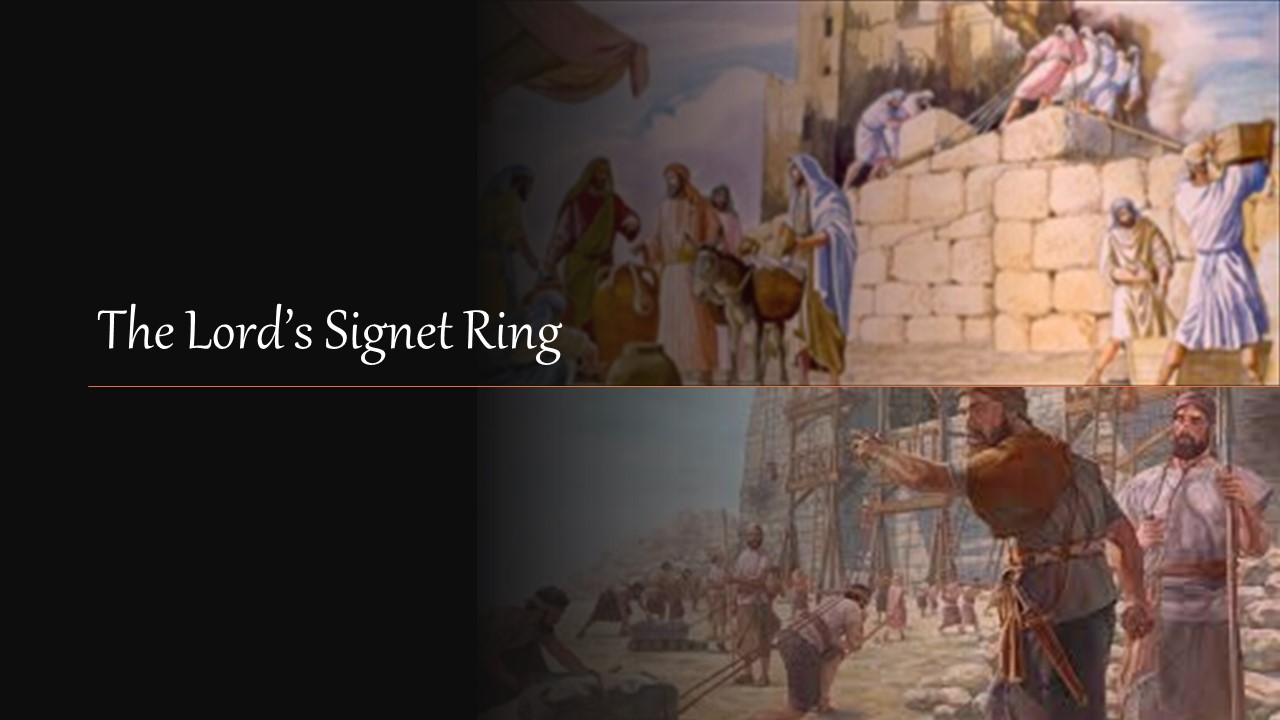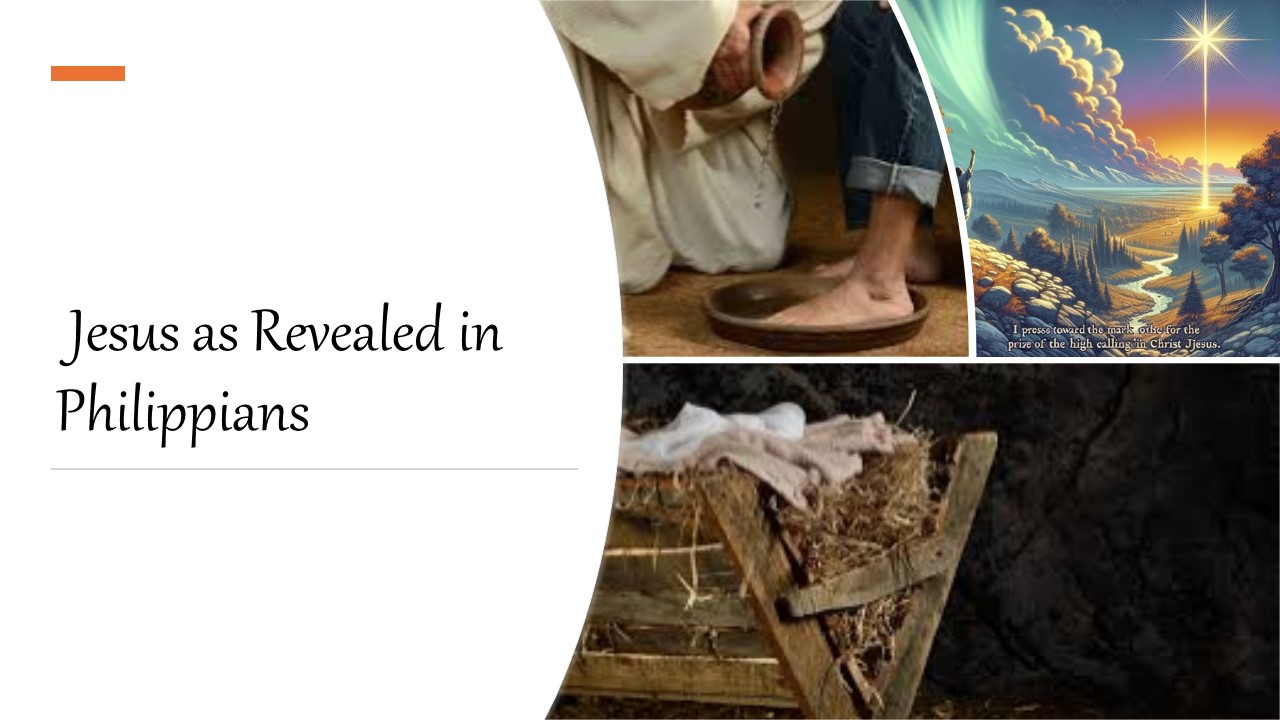The Psalms, originating from the Greek word "psalmos," were religious songs meant for musical accompaniment, especially on stringed instruments. Their poetic nature conveys the gamut of human emotion, providing insight into the author's relationship with God. Originally integral to Temple worship in Jerusalem, they were sung during sacrifices, ceremonies, and various Jewish festivals. Beyond this, they held a place in daily prayers, personal devotions, teaching, and even prophecies about the Messiah. After the Temple's destruction, their prominence in synagogues increased. Jesus, familiar with Psalms, incorporated them into his teachings, as did early Christians in their worship. The Book of Psalms is structured intricately, with divisions mirroring the Torah and varied thematic psalms. They utilize poetic devices, such as parallelism, making them poignant. Historically, Psalms have been central to worship, reminding worshipers of God's character and promises. They align closely with Jesus, who embodies various aspects of worship—from being the object and mediator to its empowerer. Psalms encapsulate the hymnal essence of the early church, celebrating truths in Christ, allowing us to lay bare our emotions to God.

As the appointed governor of Judah, Zerubbabel had the monumental task of leading the effort to rebuild the Jerusalem Temple after the return from...

The Book of Philippians provides profound revelations about Jesus, emphasizing His nature, His work, and His relationship with believers. These revelations highlight various aspects...

One important truth that we need to understand as children of God is that our tongues have tremendous power. Proverbs 18:21 confirms this by...